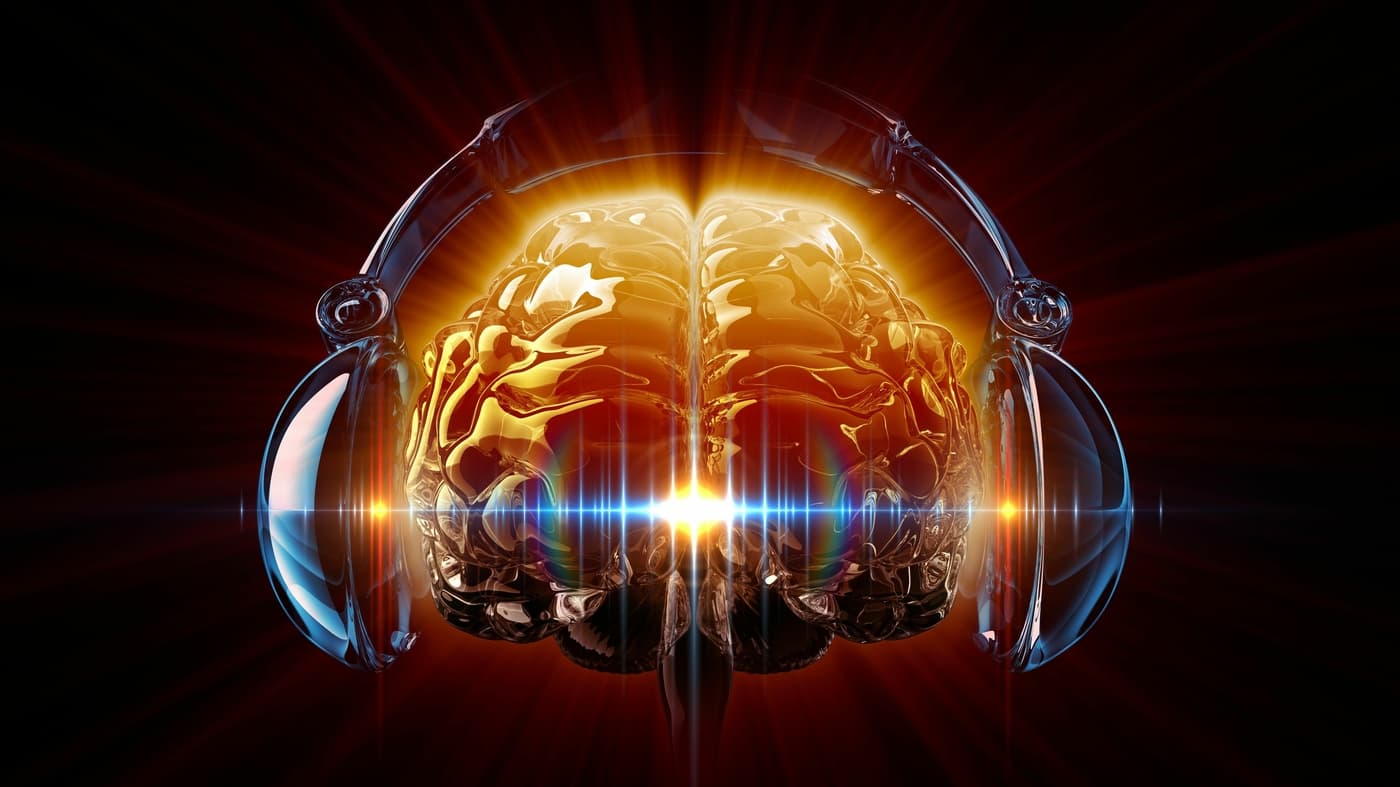Music and Health: How Sounds Heal and Help You Relax

Music accompanies us throughout our lives. It has a powerful impact on our emotional state, improving our mood and even helping us recover after stressful situations. Recently, more and more studies have emerged confirming that music not only entertains but also contributes to improving both physical and psycho-emotional well-being. Let’s take a look at how music affects health and why it can be an important part of the relaxation process.
How Music Affects Our State
Music can affect the human body on different levels. These can be both emotional and physiological changes. One of the most obvious effects is mood improvement. When a person listens to their favorite song, the brain releases happiness hormones — endorphins. These substances help reduce stress levels and improve overall well-being.
But music doesn’t only affect us emotionally. It can also impact our physiology. For example, researchers have found that listening to calm, relaxing music can help reduce blood pressure, slow down the pulse, and decrease anxiety. This is especially important in today’s fast-paced and stressful life, where each of us faces various challenges like work, problems, and other stressors.
Additionally, music can be an effective tool for improving sleep. Calm and melodic compositions help you relax before sleep, soothing the nervous system. Many people use music as a remedy for insomnia, preferring to listen to it before diving into the world of dreams.
Music as a Relaxation Method
In recent decades, the use of music as a means of relaxation and recovery has become increasingly popular. This is particularly important in the context of our everyday life, which is full of stress and anxiety. Think about how often we play our favorite songs after a hard day to calm our thoughts and emotions.
Today, there are many ways to integrate music into your life to improve health. One such method is music therapy, which is actively used in various medical institutions and psychological practices. Music therapy involves listening to and performing music with the goal of relaxation, mood improvement, and combating depression.
Especially useful is the use of music to reduce stress levels in various situations. For instance, many people turn to online entertainment, such as magyar casino, to unwind after a long workday. However, it is important to remember that moderation is key to successfully using such methods. It’s essential to enjoy not just the victories but the process itself, as music helps create the right atmosphere for relaxation.
Sounds and Their Healing Effects
Certain types of music can have not only a calming effect but also a healing one. This is because certain sounds can influence the brain, activating its respective centers. For example, the use of nature sounds, such as the sound of rain or ocean waves, is known for its relaxing effect. These sounds help reduce anxiety levels and activate recovery processes in the body.
Recently, scientists have also begun studying the impact of certain frequencies on human health. For instance, it is known that music with a frequency of 432 Hz has a calming effect and can help improve mood and even accelerate healing processes in the body. Therapists and psychologists use such frequencies to treat depression and other disorders.
Sounds produced by musical instruments can also have therapeutic effects. For example, the sounds of Tibetan bowls, bells, and gongs are used to harmonize the inner state and improve the psycho-emotional background. This is a great method for those seeking alternative treatment and recovery options.
The Role of Music in Social Life
It is also important to remember that music plays a vital role in people’s social lives. It brings people together, creates a festive atmosphere, and helps express emotions that cannot be conveyed with words. Music is used at concerts, festivals, and also in a variety of entertainment events, including online casinos. Virtual gaming platforms, offering unique audiovisual experiences, have long become an important part of leisure for many people. There, music creates not only an entertainment effect but also helps create a relaxing atmosphere, which is especially important for participants in moments of tension.
Conclusion
Thus, music has a diverse impact on our health, helping not only improve our mood but also restore our physical state. Using music in daily life and for relaxation purposes is not only a way to uplift your mood but also a powerful tool for relieving stress and improving quality of life. Whether it’s nature sounds, favorite melodies, or music therapy, music is an integral part of the healing process. The key is to choose the right musical pieces and use them to achieve the most beneficial effects.


